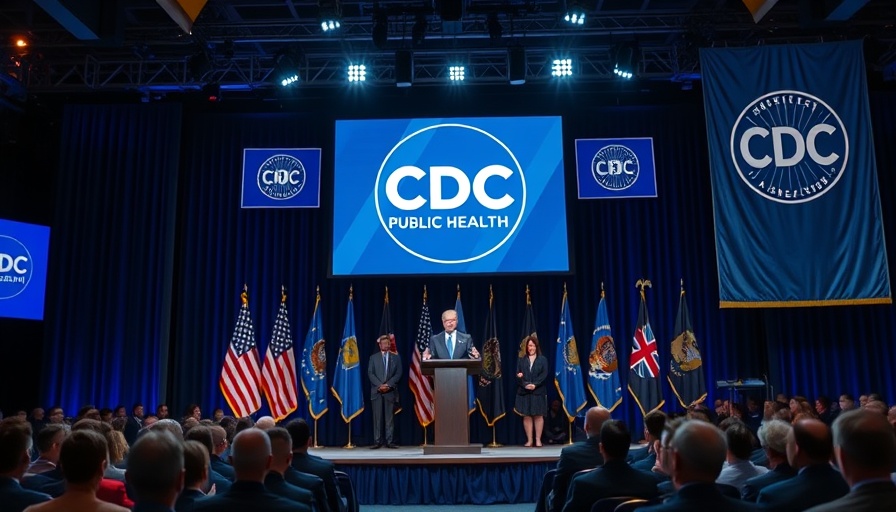
The Importance of Cervical Cancer Screening for Women's Health
Cervical cancer screening is a critical aspect of women’s health maintenance. In the video titled Get Ready with Me: Cervical Cancer Screening, the emphasis is placed on the necessity of regular screenings, particularly through Pap tests and HPV tests. The message resonates strongly with women, especially mothers, who are motivated to prioritize their health not just for themselves but for the sake of their families.
In Get Ready with Me: Cervical Cancer Screening, the discussion dives into the necessity of regular screenings, inspiring us to analyze its key insights further.
Understanding Cervical Cancer and Its Risks
Cervical cancer is primarily caused by persistent infection with high-risk types of the human papillomavirus (HPV). This emphasizes the importance of proactive measures like screenings which can identify precancerous changes in the cervix. According to the data shared, many women diagnosed with cervical cancer had never undergone screening, highlighting a significant gap in preventative care. Educating women about these risks can motivate them to schedule regular screenings.
The Facts About Pap and HPV Tests
The Pap test screens for abnormal cervical cells, while the HPV test checks for the virus responsible for these changes. As viewers learn from the video, if a Pap test returns normal results, a woman may only need to be screened every three years. However, understanding abnormal results is crucial as most do not indicate cancer, but rather prompt necessary follow-up actions. This demystifies the testing process and reduces anxiety around potential results.
Creating a Comfortable Screening Experience
One of the challenges many women face is discomfort during these examinations. The video presenter mentions the importance of seeing healthcare providers with whom one feels comfortable. This aspect cannot be overstated; a supportive environment can alleviate anxiety, allowing women to feel empowered to engage in their health care. Providers should foster open discussions around concerns, making the experience more approachable and less intimidating.
Making Regular Screenings a Priority
As the speaker concludes her video, she encourages viewers to make cervical cancer screenings a routine part of their health care. Developing a habit of regular check-ups is essential for early detection and effective treatment of cervical cancer. Beyond the individual, this practice can also further reduce the community’s overall cervical cancer burden by promoting preventive care practices.
Embracing Preventive Care with Compassion
Implementing regular screenings and educating the community about cervical cancer reinforces the concept of preventive care. Simple steps like scheduling an appointment can have life-altering implications. It’s crucial for healthcare professionals to continue raising awareness about the accessibility and importance of these tests, thus creating a supportive network for women navigating their health care choices.
In summary, the insights from Get Ready with Me: Cervical Cancer Screening highlight a vital discussion around women’s health and preventive care practices. For healthcare professionals, sharing this knowledge with patients can significantly impact their health outcomes. Let's work together to ensure women feel empowered to prioritize their health.
 Add
Add  Add Row
Add Row 




Write A Comment